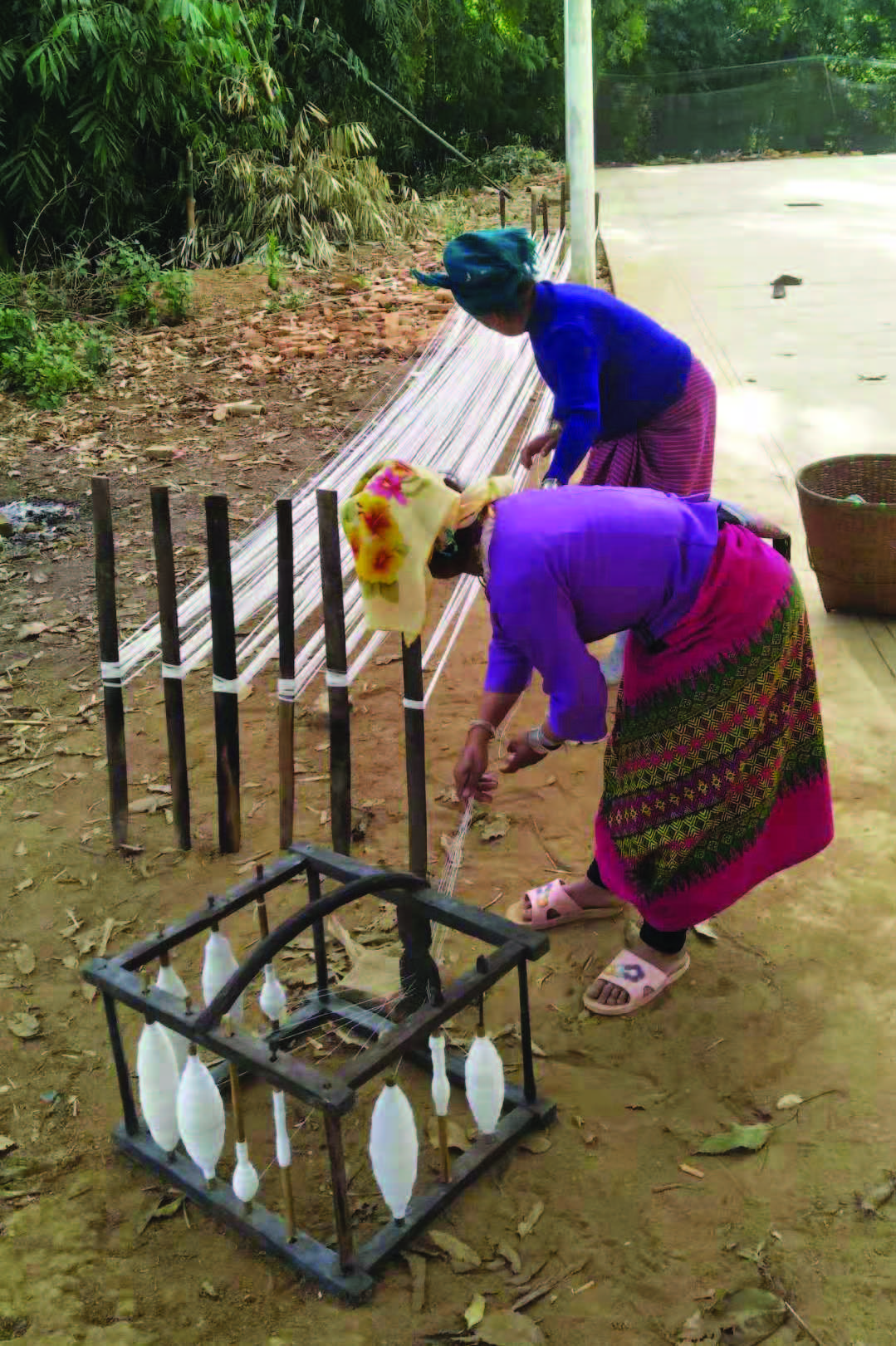
We believe that sustainable living can be built and promoted by learning and reflecting the spirit, cultural values, and practices deeply rooted in communities. Over the past decade, we and the communities have slowly developed approaches with cultural reflection methods such as community research. We see that this cultural reflection is an important part of the learning process and nurtures the individual and community spirit along the way.
In spring 2018, we and the Xishuangbanna Nabanhe Watershed National Nature Reserve Management Office (Management Office) expanded our joint projects and launched a series of training sessions on community surveys. The Nabanhe Nature Reserve, a beautiful sub-tropical forest with the Nabanhe River running through it, aims to be a watershed where people and other living beings can live in an harmonious co-existence, sustainably. Ethnic groups like Bulang and Dai have been living in the Reserve for generations, living close to nature with a rich ecological culture.
Our partnership with the Management Office began in 2014, facilitating three Bulang ethnic villages to conduct community research and then to consider their own community action. Initially, the Management Office tried to promote ecological preservation in the Reserve through economic development, while the partnership with PCD focused on a cultural reflection approach, exploring the traditions and cultures of the six ethnic groups living in the Reserve. Over the past four years, a total of 1,106 villagers have participated in these reflection activities, including 38 forest keepers from 26 communities – this is out of a total population of 4,000.
Before conducting the community research in March 2018, partners of the Management Office visited several villages, walking through the communities and sharing cases; this helped key members understand the communities better. Villagers participated in each step of the community research. They suggested many experiential methods, such as community walks, filming, community information sheets, observations, interviews and learning from the elderly; and also decided on the issues to be studied. Facilitators assisted villagers to analyse problems, and to reflect on how the issues link with the community and their cultural identity.
As a means, community research develops an intimate understanding of a place, asking for people’s reflections, nurturing one’s cultural identity and building up a sense of belonging in the community. Most of the issues under study are relevant, action-oriented, and can be readily communicated. As such, the research has great potential for a community to reach consensus for a collective action on an issue at hand. A forest keeper in Manlv who had joined a community research on Bulang traditional handmade paper-making, for instance, said that the experience involved a series of issues, including materials, skills, and paper usage. As a result, villagers in Manlv have become noticeably more interested in their culture, inviting the forest keeper to help restore the tradition of handmade paper in their community.
(from Annual Report 2017-2018)

